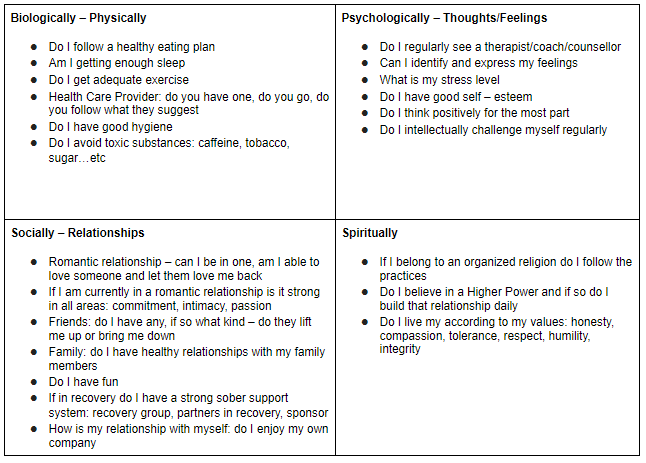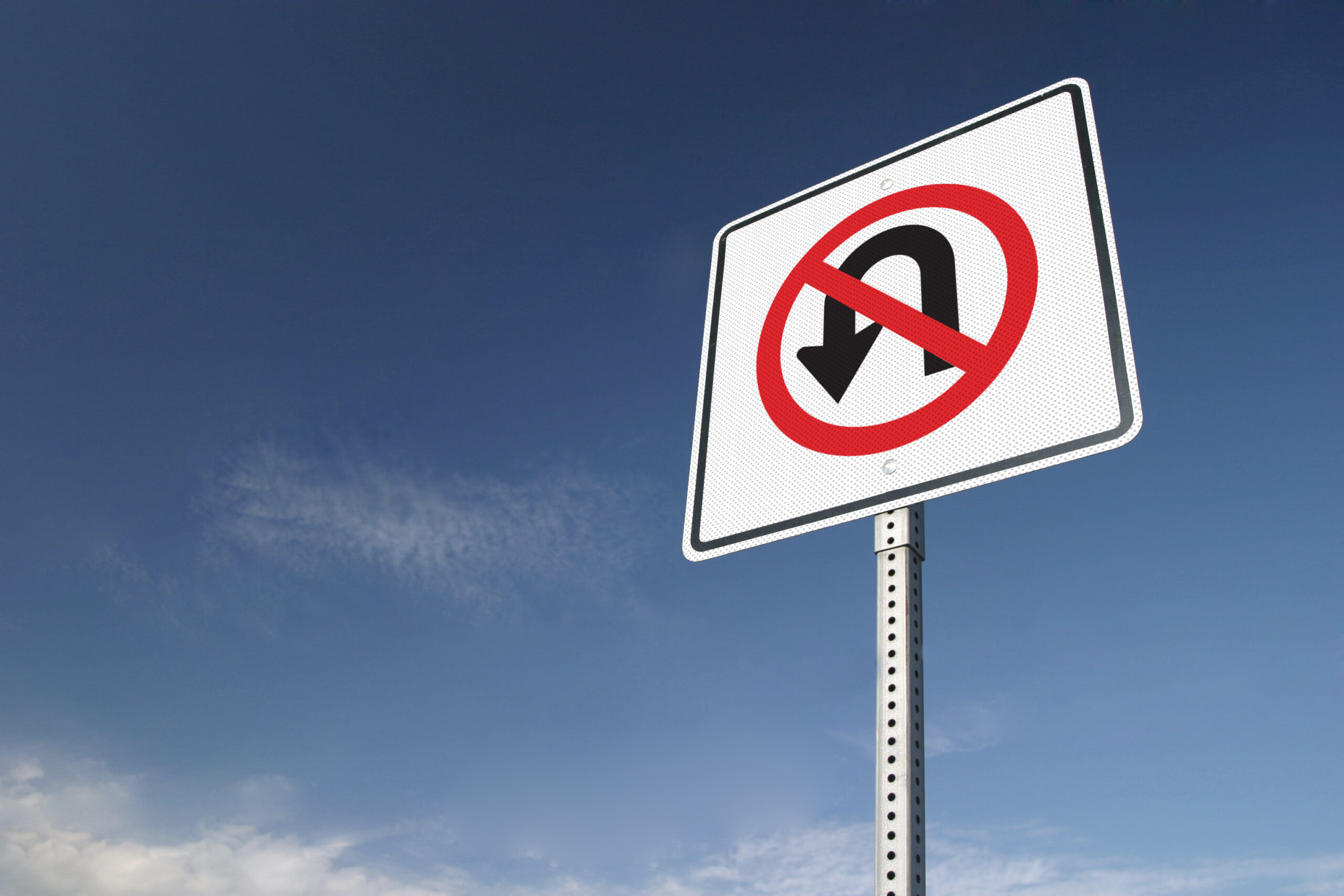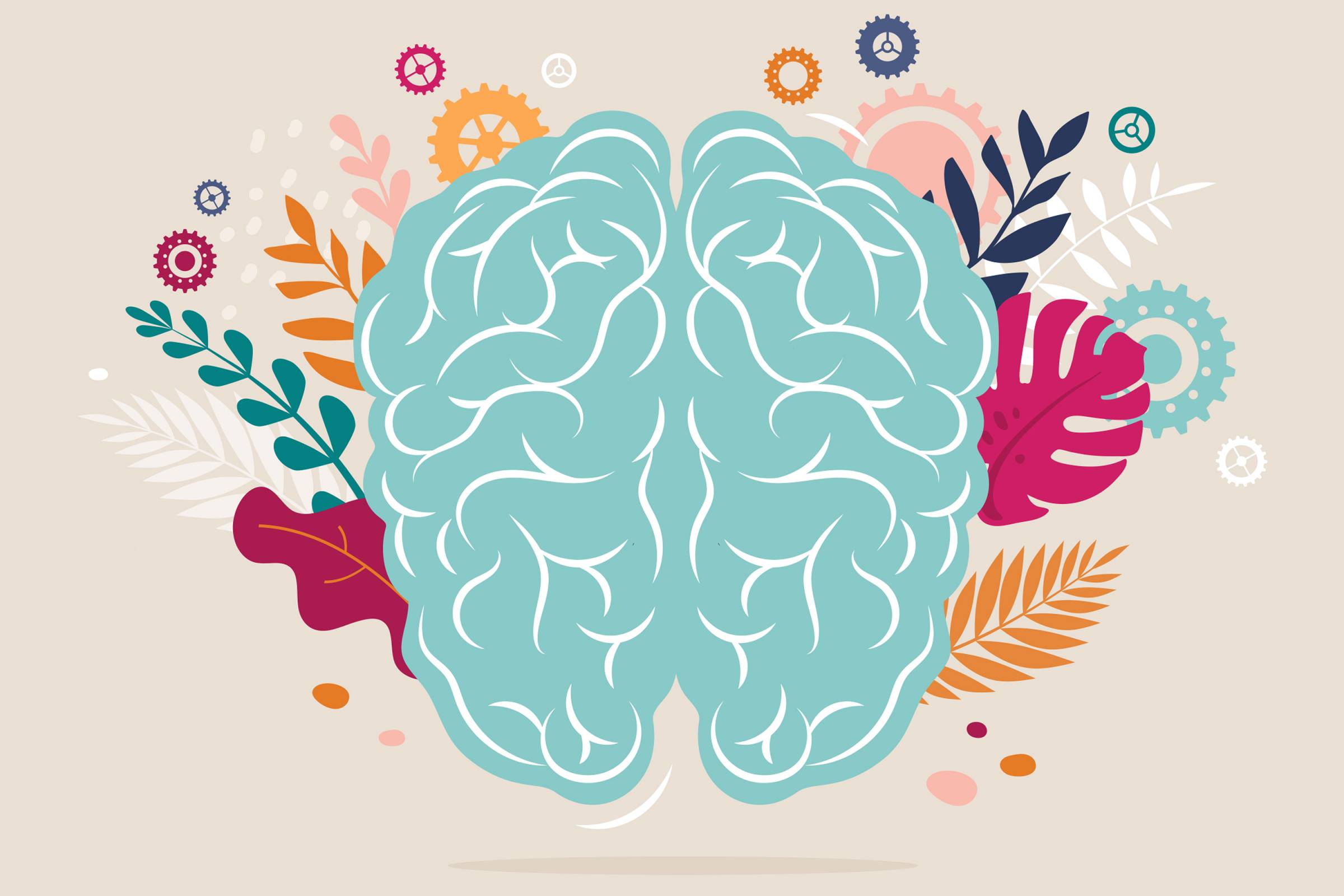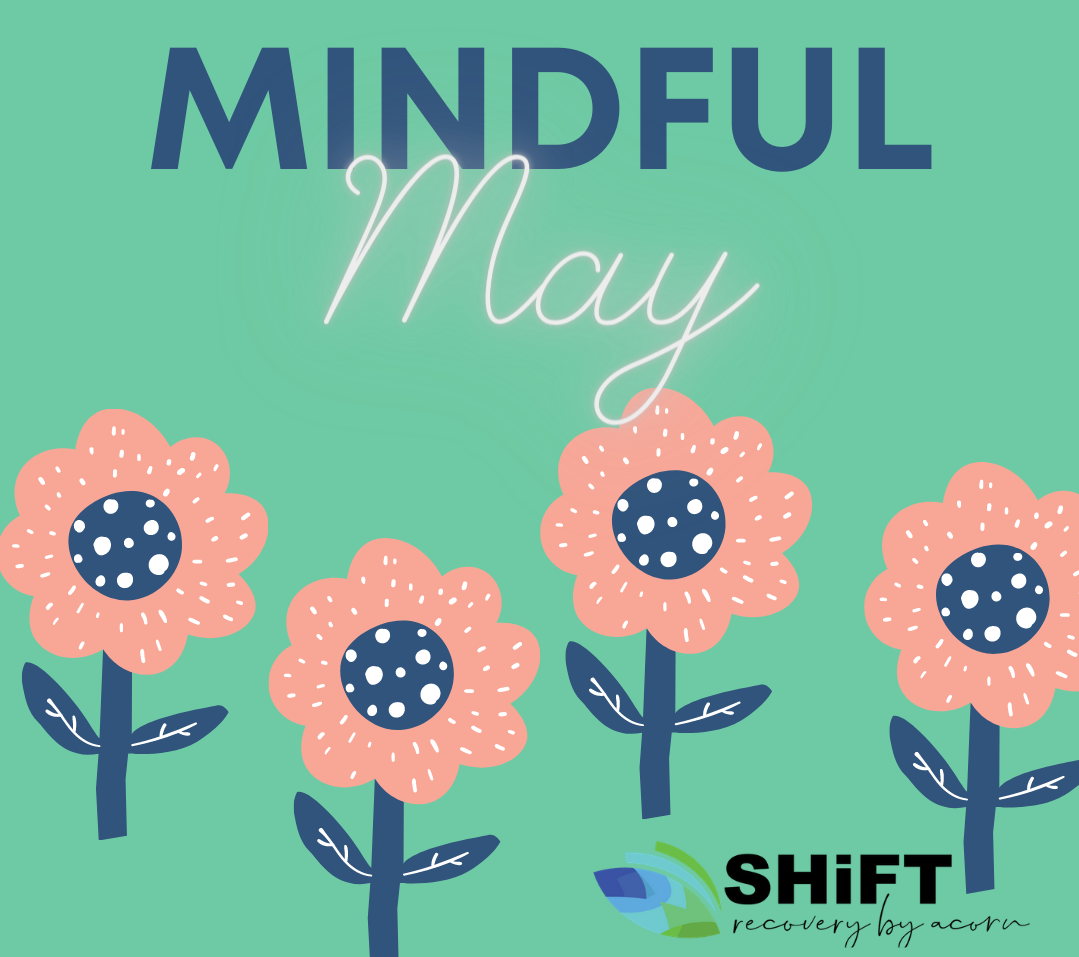
As Mindful May comes to an end, we wanted to provide you with a tool to help assess where you are at and potentially help start you on your path to practice mindfulness more regularly.
It’s a busy world with a relentless pace. You cook dinner or fold the laundry while keeping one eye on the kids and another on the television. You plan your day while listening to the radio and commuting to work, and then plan your weekend all at the same time. But in the rush to accomplish the necessary tasks off the daily to-do list, you can easily find yourself losing your connection with the present moment. Days, weeks, even months can drift by all while missing out on truly taking stock of what you’re doing and how you’re feeling.
Taking care of yourself and working on your program of recovery are two in the same. I heard someone recently share that recovery is simply taking good care of myself in all areas of my life; physically, emotionally, mentally, socially and spiritually.
Am I looking after my physical body?
Am I looking after my emotional health?
How are my relationships?
Do I follow a daily spiritual practice?
In order for me to truly look after myself, I need to take care of my whole being. If one pillar of my foundation is shaky then truly my whole being is off kilter. The scary part is that I may not even notice I have a shaky pillar until all four of my pillars are in jeopardy and then I am in a pretty desperate situation.
When was the last time you took time to check in with yourself and deeply examine how you are doing/feeling? Not just physically, but mentally, emotionally and spiritually too?
It’s vital for me, especially as an addict in recovery, to take a pulse check often of how I’m doing in all areas of my life as it is very easy for me to slip back into poor self-care.
Below we’ve shared a tool called The Recovery Grid, created by Roland Williams. It is a checklist for you to go over and assess your overall self-care/health picture:

If you take the time to focus on yourself and answer these questions honestly without the presence of distractions, you are practicing mindfulness – Congratulations!
This chart is by no means perfect, however if you regularly assess these questions in a thoughtful way, carefully examining your feelings and answers, you can avoid creating a shaky foundation by neglecting one of your pillars.
We hope that you found this information helpful, and hope that mindfulness becomes a regular part of your life moving forward 🙂
Peace & Abstinence



